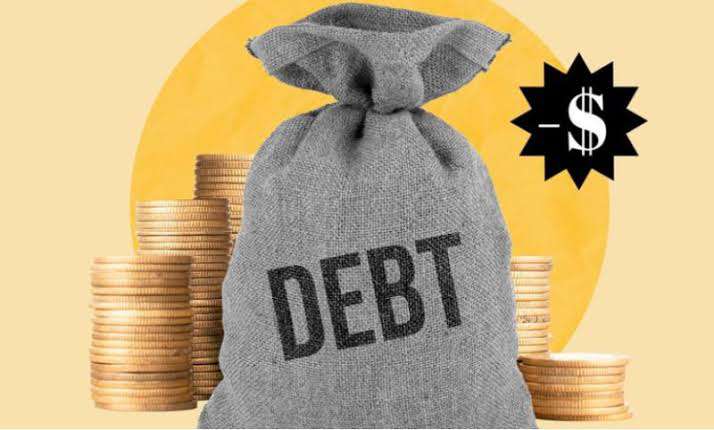As of December 2024, the combined debt of Nigerian state and local governments to banks and the Central Bank of Nigeria (CBN) stood at N4.09 trillion. This marks a modest decrease of N112 billion or 2.7% from the N4.20 trillion reported at the end of 2023, indicating a slight improvement in their overall debt profile.
According to the Central Bank’s latest quarterly statistical bulletin, commercial and merchant banks were the largest creditors, with N2.41 trillion in outstanding loans—58.9% of the total debt. This represents a reduction from the N2.64 trillion recorded in December 2023, highlighting a N233 billion year-on-year decline in exposure from these institutions.
Conversely, the CBN’s lending to subnational entities rose from N1.56 trillion in 2023 to N1.68 trillion in 2024, now constituting 41.0% of total debt. This increasing share suggests a growing dependence by state and local governments on funding from the apex bank.
For the first time, the bulletin also recorded N3.77 billion in subnational credit from non-interest banks, while primary mortgage and microfinance banks reported no outstanding claims.
Debt Fluctuations Throughout 2024
An analysis of the year’s data shows fluctuations in subnational borrowing. January 2024 saw the highest recorded claims at N4.29 trillion—a 20.01% surge from N3.57 trillion in January 2023. Debt levels dipped in subsequent months, dropping to N4.10 trillion in February and N4.09 trillion in March. The most notable decrease occurred in April, falling to N3.52 trillion, a 14.07% monthly drop and the only year-on-year decline of 5.68%.
Credit rebounded in May, rising 14.74% to N4.04 trillion, and peaked again in June at N4.29 trillion. From July through December, claims stabilized above N4 trillion.
Shifting Lender Dynamics
Throughout the year, the CBN and commercial/merchant banks remained the principal creditors. In January, the CBN held N1.56 trillion (36.38%), while commercial banks held N2.73 trillion (63.62%). By April, the CBN’s share had grown to 45.17%, reflecting tightening credit conditions among commercial banks, whose share dropped to 54.71%.
By year-end, commercial banks’ exposure had declined to N2.41 trillion, while the CBN’s lending rose to N1.68 trillion. This trend points to increased risk aversion or stricter regulatory environments affecting commercial banks, while states increasingly turned to the CBN for support amid inflation and monetary tightening.
Non-interest bank lending remained minimal throughout the year, with a consistent N4.03 million reported until August, before dipping slightly to N3.77 million in December.
Expert Insights: Debt Management and Economic Reform
Teslim Shitta-Bey, Chief Economist at Proshare Nigeria, cautioned that rising subnational debt poses a long-term fiscal risk. He criticized both state and federal governments for mismanaging their balance sheets and relying excessively on debt for routine operations.
Shitta-Bey urged a shift toward innovative financing models, such as long-term debt structured like equity, and recommended establishing a national asset register to unlock capital. He also highlighted the underuse of state-issued revenue bonds, suggesting they offer a more sustainable alternative to general obligation bonds.
Adewale Abimbola, a Lagos-based economist, attributed the fiscal fragility of most states to their economic unviability and dependence on federal allocations. He called for strategic self-assessments to identify sectors with competitive advantages, along with policies to attract private and foreign investment.
“Governors know what to do,” he noted, “but what’s missing is the political will.”
Abimbola also criticized political distractions heading into the 2027 elections, warning that governance is suffering as politicians shift focus from economic development.
Dayo Adenubi, a macroeconomic analyst, emphasized the urgency of enhancing internally generated revenue (IGR). He suggested increasing consumption to boost VAT collections and enforcing underutilized taxes like property and transportation levies.
Adenubi also advocated for a stronger social contract to improve tax compliance and recommended enhancing the ease of doing business at the state level to attract investment, spur job creation, and grow PAYE (Pay-As-You-Earn) tax revenues.
Outlook
The marginal reduction in Nigeria’s subnational debt reflects slight progress, but experts agree that structural reforms and stronger fiscal management are critical. As reliance on the CBN grows and commercial banks reduce exposure, state governments must find sustainable ways to finance development, reduce dependence on federal allocations, and strengthen local economies.

